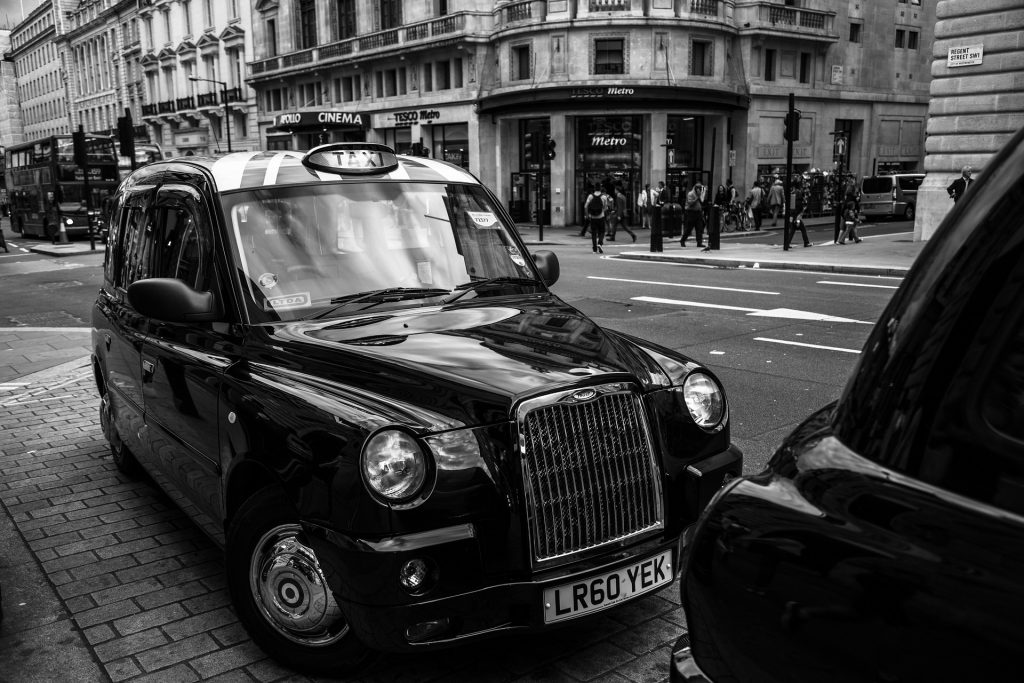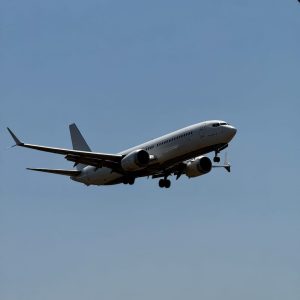After a 2 month extension by Transport for London (TfL), Uber will not be granted a new licence to operate in London.
The regulator (TfL) said that the App was not “fit for purpose” as a licence holder, despite made a number of positive changes to its operations.
Having originally lost its licene in 2017, Uber was granted 2 extensions, the latest one expiring on Sunday 24th November 2019. Uber will be appealing the decision and will be allowed to continue operations whilst the appeal is going through.
Around 45,000 drivers work for Uber in London and the decision could have a determental effect on all of these drivers if Uber were to lose the licence to operate.
Uber drivers are generally self-employed and either hire or buy their cars to run in London, some of these cars come from Car Subscription services such as Drover, which is another business that could be hugely effected by Uber losing their London licences.
Yes, the TfL understand that at least 14,000 trips have been carried out fraudulently. A loophole in the app meant that unauthorised accounts, meant that photos of drivers could be uploaded to the app and other Uber driver accounts.
The regulator TfL also found suspended and dismissed drivers who had been able to create Uber accounts and carry passengers on their trips. This was compromising passenger safety and security.
Helen Chapman, Director of Licencing, Regulation and Charging at TfL, said” While we recognise Uber has made improvements, it is unacceptable that Uber has allowed passengers to get into minicabs with drivers who are potencially unlicenced and uninsured.”
Yes, the number of black cab journey’s across London has dropped dramitically since the introduction of Uber into London. Even to the point where Black Cab drivers have held protests.
However, hailing a Black Cab in London was deemed as being difficult and the introduction of Uber into London has meant that Black Cabs have adapted new technologies such as apps and contactless payments to encourage their use.
Yes, Uber left Denmark in 2017 due to new taxi laws that required their drivers to have fare meters and seat sensors.
Hungary and Bulgaria also banned Uber.
Greyball is a software tool developed by Uber and used to idenitfy and deny its services to certain riders.
This includes riders that it suspects of violating its terms and conditions.
The software can hde the standard city app view for individual riders, this enables Uber to show that same Uber rider a different version of the city view. Uber claimed it was using Greyball to show suspected riders who it felt may violate the terms of use, people seeking to plae harm onto Uber operations and those who wanted to carry out law enforcement on its Uber drivers.
Greyball used several methods to identify and deny its services to Uber riders:
1.) Uber would create an internal digital map showing the locations of government buildings in the area. If a rider were to hail a ride from the area surrounding the government building, Greyball would flag th rider as a possible law enforcement agent.
2.) Greyball would determine how many times the Uber app had been opened and closed without hailing for a ride, alingside a Geofencing technique this would flag the rider as a potencial offcial.
3.) Social Media vs. Uber Profile. Uber employees would use techniques such as reverse image searches to find out if Uber profiles were in fact government officials posing as riders.
4.) Uber would search credit card databases to find out if riders cards were in fact linked to government or police agencies.
Transport for London (TfL) said that the use of Greyball was one of the reasons for its decision not to renew Uber’s London licence.
From the riders who use Uber on a daily basis to get around London, Uber is seen to be a more cost effective way to travel around London over Black Cabs, they are also more direct than using London’s transport system such as the Underground.
Companies such as Drover Car Subscriptions will lose a large amount of subscriptions from Uber drivers who “hire” PCO ready cars from Drover on a subscription basis. On top of this, Drover also make money on their insurance premiums and maintenance costs.
Fuel and Petrol stations will have lower sales due to the amount of Uber drivers on the road in London, whilst black cabs will pick up, we believe many more riders will turn to alternative London transport options such as buses and the London Underground.
Black Cabs services will see a rise in hailing rides, due to the drop in Uber drivers in the London underground. However, there will be businesses in the area that will not allow its employees to travel via Black Cabs due to the higher costs and difficulties with claiming expenses.
1. London
2. Glasgow
3. Edinburgh
4. Belfast
5. Newcastle
6. Leeds
7. York
8. Liverpool
9. Stoke-on-Trent
10. Cardiff
11. Bristol
12. Sheffield
13. Nottingham
14. Leicester
15. Birmingham
16. Cambridge
17. Brighton
18. Portmouth




